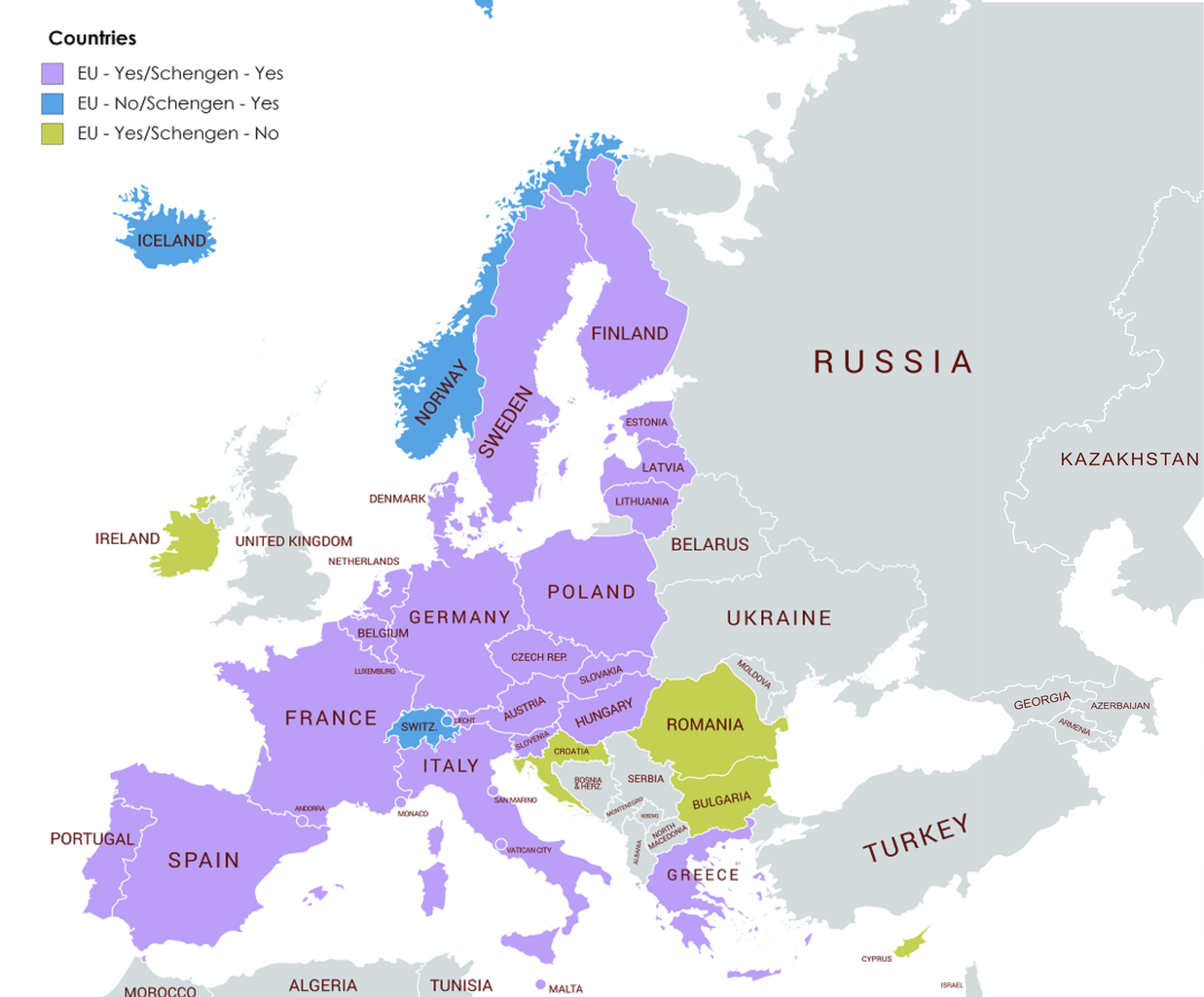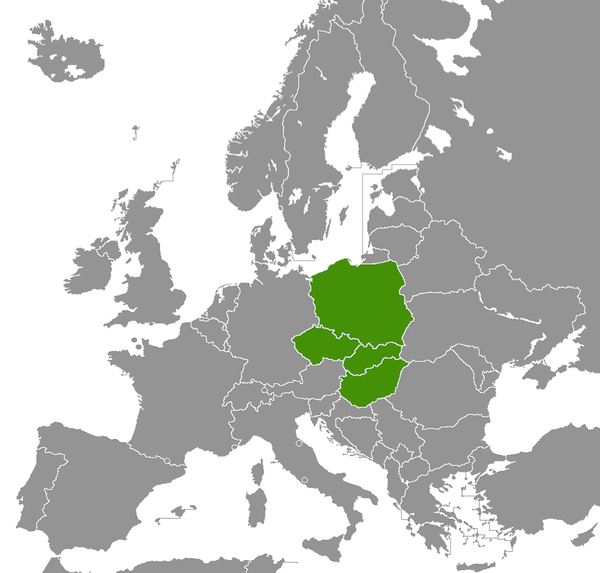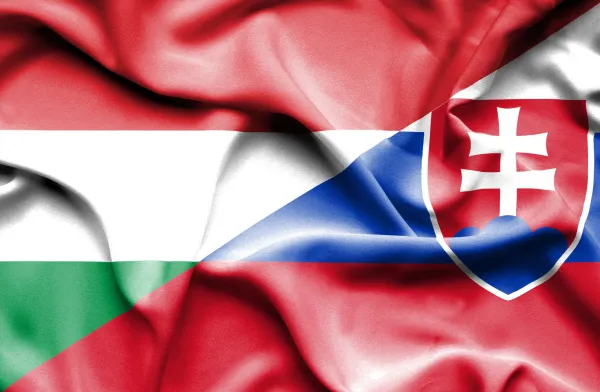
Polish PM warns off calls for Hungary ban from Schengen visa-free travel area
Polish Prime Minister Donald Tusk advised caution to European politicians calling for Hungary’s expulsion from the Schengen area, as it could in turn lead to its departure from the EU, on Friday, 9 August.
Schengen member Hungary’s unilateral easing last month of visa requirements for citizens of Russia and Belarus, has caused numerous European politicians from countries inside the visa-free travel zone to complain of security risks.
However, speaking at a press conference broadcast on Polish news channel TVP Info, Tusk cautioned that “exclusion from Schengen would be the start of Hungary’s exit from the European Union too: we should be careful about excluding countries from the EU.”
Easing visa rules for Russia, Belarus citizens fans security concerns
According to the edition of the Hungarian Official Gazette published on 9 July, Hungary’s National Card scheme has launched superior guest worker visas that include 6 more nations: Bosnia and Herzegovina, Montenegro, North Macedonia, Moldova, Russia, and Belarus. Citizens of Serbia and Ukraine were already included in the scheme.
The new rules offer more benefits than the initial scheme, including stays of up to 5 years, the ability to bring families, and fast-tracked approval within 21 days. No special or high qualifications are required to receive the visa, which also allows the possibility of permanent residency after three years.
Hungarian Foreign Minister Peter Szijjarto argued in favour of the move, as Russian and Belarusian citizens still need a visa to enter Hungary, and therefore Schengen too.
However, several EU officials and MEPs believe that the inclusion of Russia, and its close ally Belarus, while war rages in Ukraine, represents a security risk.
EU officials protest Hungary’s relaxation of visas
Hungary’s decision prompted a letter to European Commission President Ursula von der Leyen signed by some 70 MEPs, led by Czech MEP Danuse Nerudova and Lithuanian MEP Petras Austrevicius, calling for Hungary’s suspension from Schengen.
The group demanded that action be taken against Hungary over with the loosening of its visa requirements for Russia and Belarus. The letter calls for urgent measures to investigate the potential security risks posed by Hungary’s decision.
EU Commissioner for Home Affairs Ylva Johansson wrote a letter to Hungarian Interior Minister Sandor Pinter, emphasising that a “high level of mutual trust” is a “prerequisite for a well-functioning Schengen area without internal borders.
“We must stand united in our determination to cripple Russia’s war machine. This includes ensuring that Russian nationals who could pose espionage or other security threats face the highest level of scrutiny.” According to the letter, Hungary’s move “could lead to a de facto circumvention of the restrictions the Union has imposed.
Johansson cites “increasing reports of sabotage and attacks on our critical infrastructure”, adding that the EU “has employed every available instrument to ensure the safety of the Schengen area”.
The letter recalls that the EU suspended its visa agreement with Russia in September 2022, and set new guidelines for processing visa applications and border controls for Russian nationals.
Hungary FM defends decision
Accusations of Hungary offering a backdoor for Russian espionage were also made in 2018, when Hungary allowed Russia to establish its International Investment Bank headquarters in Budapest and grant its employees diplomatic immunity and free movement in the EU.
In a Facebook post Szijjarto wrote: “the Baltic propaganda campaign against our country has resumed, this time because, besides citizens of several other countries, Russian and Belarusian citizens have been included in the National Card program. We endanger the security of the Schengen zone with this – the Baltic people claim.
“So this is a childish lie. The truth about this is that Russian and Belarusian citizens can still only enter Hungary and the Schengen zone on visa possession and they can obtain a residence permit only following the procedure carried out by the Directorate of Foreign Affairs.
“According to European rules, conducting such procedures, issuing a residence permit is a national jurisdiction, therefore Lithuanian, Latvian and Estonian authorities have such a right. It would be much better if my Baltic colleagues would correctly inform their own constituents instead of starting another campaign of lies,” Szijjarto added.
European People’s Party chairman Manfred Weber nevertheless called on European leaders to take action against Hungary and for a discussion of Hungary’s actions at the next summit of European leaders in October.
For his part, Tusk said Europe “should not distance the Hungarians from itself.” Tusk also noted that other EU countries issue visas to citizens of the countries. “It appears that European law may have been violated: however Hungary is not the only country that issues visas to Belarusians and Russians.
“As you know, a country’s suspension from the Schengen Area is the first step to its suspension from the EU. I would be careful about statements on suspending countries from the EU,” Tusk said.
The Schengen area includes most EU-member countries: of the EU-27, only Cyprus and Ireland are not part of Schengen, while non-EU countries Iceland, Liechtenstein, Norway and Switzerland are members of the area.





